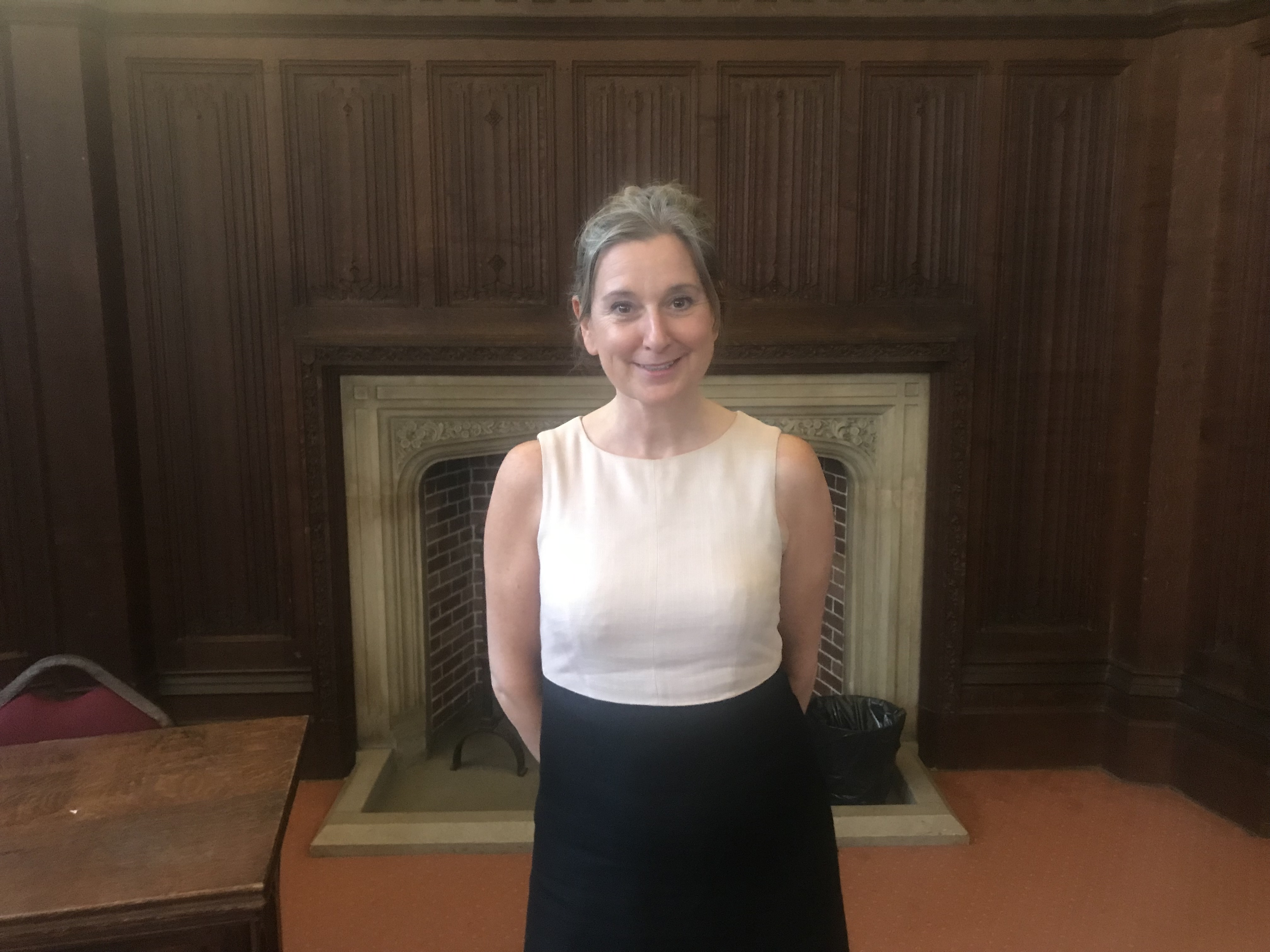How did you end up doing a PhD at Bristol?
I wanted to write. I did a PhD to learn how to write so as to express my thoughts in a measured, evidenced-based and persuasive manner. Bristol University was where I had undertaken an MSc. The teaching was superb and had given me confidence in my academic ability. I also knew that a PhD from Bristol would be respected by law schools internationally and in the UK. This mattered because my intention was to become an academic and to write about the working lives of people who seemed disadvantaged by legal provisions that were, in theory, supposed to provide them with some protection against exploitation and poverty.
I looked online at the members of staff in the department. Their incredible web profiles gave me an indication of their passions and interests. I chose to email a Professor who was an esteemed expert in the legal regulation of work and asked her if she would, in principle, be supportive of my application to study at Bristol. I took her advice and worked hard on an outline proposal for a PhD project that I submitted for consideration for a 1 + 3 scholarship via the Economic and Social Research Council.
Bristol Law School invited me to an interview, of course I was terribly nervous but I found the interview panel to be welcoming and genuinely engaged with my ideas. It seemed most important that I persuaded them of my capacity to stay focused, stick at it, and to complete on time. When I received the call to say I had been selected, I was over the moon. Becoming a PhD student at Bristol changed my life.
Looking back now, what piece of advice would you give to your younger self starting out on a PhD?
Two things.
If you don’t know where to start, start in the library.
However long you think something will take to write – double it.
What were the biggest challenges in PhD study?
Doing a PhD is like painting with a blindfold on – for most of the time you don’t know what you are creating because you haven’t made it yet. You quickly move from being fired up by what your PhD is ‘about’, to being taken aback by the sense of not knowing what you are doing. It takes a little while to get comfortable with that. The PhD is a process, it is not a ‘thing’. It takes a long time to work out what your thesis actually ‘is’, but the journey to get to that point is where the learning happens.
What are your best memories of PhD life in Bristol?
My supervisor was awe-inspiring and she still inspires me. She told me that a PhD is not a test of intelligence but a test of character, and it is so true. I loved having time and space to listen to new ideas and read books and to develop my understanding of the world around me.
What did you learn doing your PhD that has been your most valuable lesson in academic life?
I learned to embrace the huge privileges of education. Having an education is the best gift in life and working in higher education is an enormous privilege. I gained the tools to be able to able to investigate law, to create new knowledge through research and to inspire others through opportunities to teach undergraduates.
